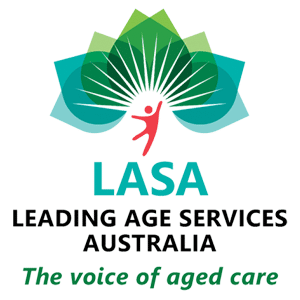Caring for Our Elders: Understanding the Different Types of Aged Care Services Available
Caring for our elderly loved ones can be a challenging task, but it’s important to understand the different types of aged care services that are available to ensure that they receive the best possible care. In this blog post, we’ll take a closer look at the five main types of aged care services: in-home care, residential aged care, hospice care, day care, and respite care.
In-home care: In-home care, also known as home care or community care, is a range of services that are provided to elderly individuals in the comfort of their own homes. These services can include personal care, such as assistance with bathing, dressing, and grooming, as well as domestic assistance, such as help with cleaning, laundry, and meal preparation. In-home care can also include social support, such as assistance with shopping and transportation. This type of care is often provided by home care agencies or through government-funded programs.
Residential aged care: Residential aged care is a type of care that is provided in a facility specifically designed for elderly individuals. These facilities, also known as nursing homes or retirement homes, provide round-the-clock care and supervision, as well as assistance with activities of daily living. Many residential aged care facilities also offer specialised care, such as dementia care and palliative care.
Hospice care: Hospice care is a type of care that is provided to individuals who are in the final stages of a terminal illness. The focus of hospice care is to provide comfort and support to both the patient and their family, rather than trying to cure the illness. Hospice care can be provided in a variety of settings, including in the patient’s home, in a hospice facility, or in a hospital.
Day care: Day care is a type of care that is provided to elderly individuals during the day, usually in a community-based setting. This type of care is designed to provide socialisation and stimulation, as well as assistance with activities of daily living. Day care centres typically provide transportation to and from the centre, as well as meals and snacks.
Respite care: Respite care is a type of care that is provided to give primary caregivers a break from their caregiving duties. This can include in-home respite care, where a caregiver comes to the home to provide care, or respite care in a facility, where the person receiving care stays for a short period of time.
It’s important to note that each type of care can have its own set of benefits and the best option will depend on the individual’s specific needs and preferences. It may be helpful to consult with a geriatric care manager or elder lawyer to navigate the different options and make the best decision.
It is also important to be proactive and plan for care in advance as much as possible, so you and your loved one can have peace of mind knowing that their needs will be taken care of as they age.



















